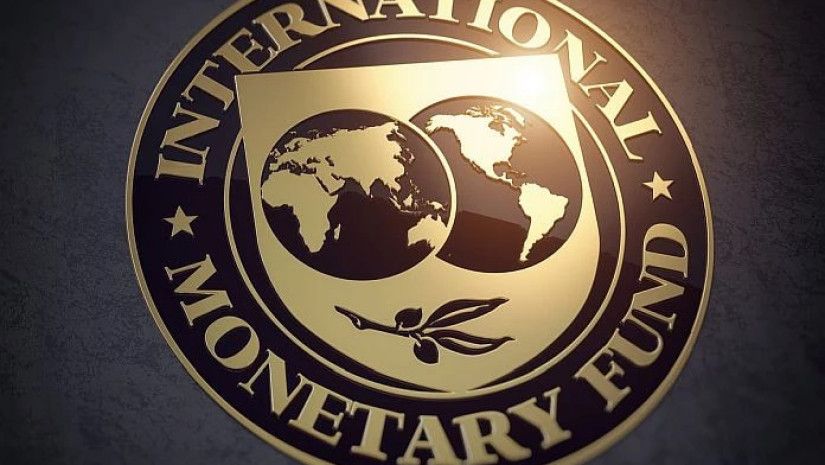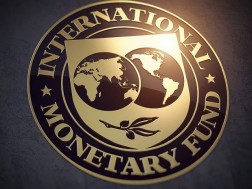Washington, DC: An International Monetary Fund (IMF) team led by Mr. James John held virtual meetings with the Georgian authorities during July 13-21, 2023 to discuss recent economic and financial developments and progress on reform priorities. At the end of the mission, Mr. John issued the following statement:
“The Georgian economy continues to perform strongly. GDP grew by 7.5 percent during January-May 2023, helped by continued robust tourism, transit trade, and financial inflows triggered by Russia’s war in Ukraine, which have also contributed to continued lari strength. The current account deficit narrowed further in the first quarter of 2023, and the budget recorded a small surplus in the first half of 2023 supported by buoyant fiscal revenues.
“Headline inflation fell sharply to 0.6 percent in June—well below the NBG’s 3 percent target— due in part to lower commodity prices and a stronger lari. Core inflation, however, remains elevated amid strong domestic demand and housing rents driven largely by migrant inflows and a tight labor market. In response to below-target inflation, the NBG cut the policy rate by 50 basis points to 10.5 percent in May. The financial system remains sound and the National Bank of Georgia (NBG) has taken important action to require banks to adhere to relevant sanctions.
“Looking ahead, growth is expected to average around 6 percent in 2023 as external inflows moderate and domestic capacity constraints start to bind, before converging to its potential of around 5 percent in the medium term, supported by robust tourism and investments. Reflecting base effects and lari appreciation, inflation is forecast to slow further to 0.3 percent by end-December 2023, before converging to target during 2024.
“Uncertainty remains high, including regarding the persistence of external inflows and the global conjuncture, which call for continued prudent fiscal and foreign exchange reserve management, along with vigilance against domestic inflation and financial sector risks.
“Continued modest fiscal adjustment remains appropriate for 2024 and the medium term to build buffers under the fiscal rule deficit ceiling and create room for priority spending. State-owned enterprise and renewable energy development reforms should seek to limit fiscal risks while advancing efficiency and competition.
“Monetary policy should remain restrictive with gradual and cautious adjustments to the policy rate until core inflation durably falls. Exchange rate flexibility and reserve build-up remain essential to cushion against external shocks. Continuing to take a proactive approach to financial regulation and supervision will further enhance resilience and guard against risks, including from virtual assets and FX inflows related to the war in Ukraine and migration.
“The staff team is examining the implications of recent amendments to the NBG law for achieving the objectives of the authorities’ SBA-supported program. They discussed these with the authorities and acknowledged their commitment to upholding the independence and credibility of the NBG and to continued strong program engagement with the Fund.
“We would like to thank the authorities for productive discussions. The team met with Acting Governor of the National Bank Turnava, Minister of Finance Khutsishvili, Minister of Economy and Sustainable Development Davitashvili, other senior officials, and representatives of the private sector. We look forward to continuing the dialogue in the coming months in the context of Georgia’s IMF-supported program and an Article IV consultation to review its economy.”- reads the statement.
















